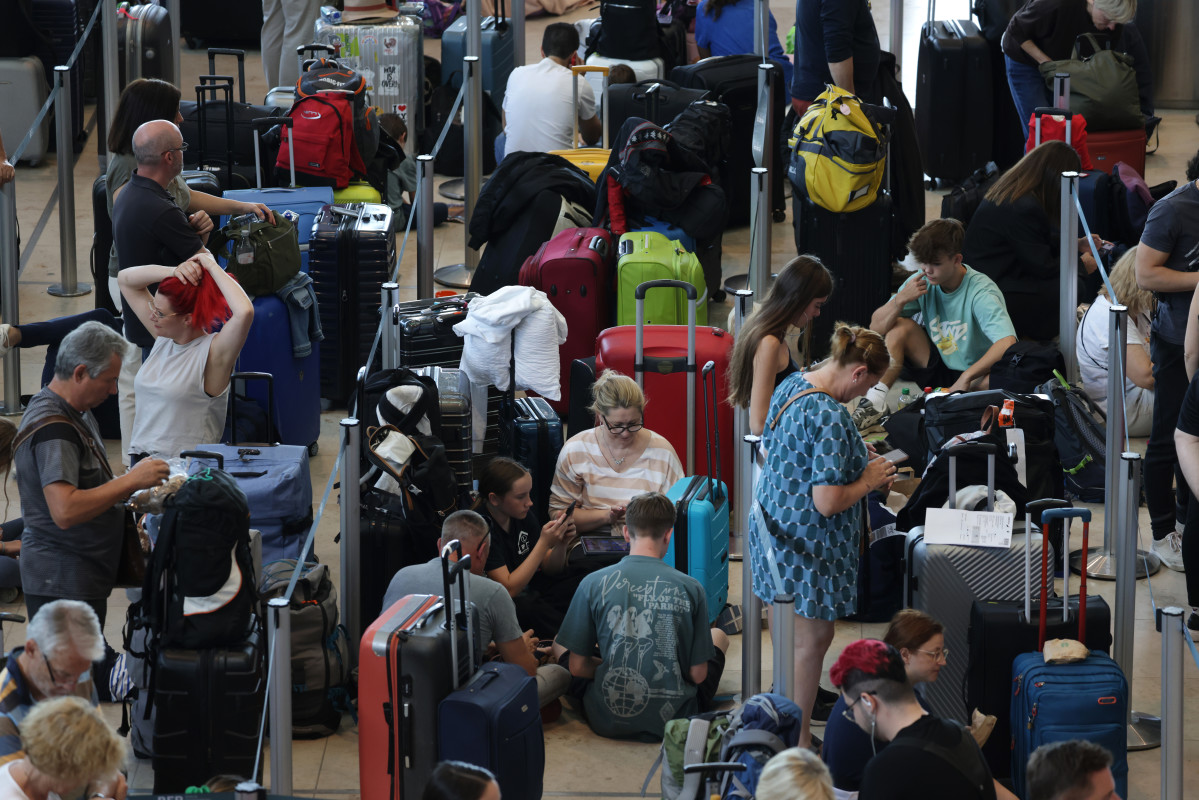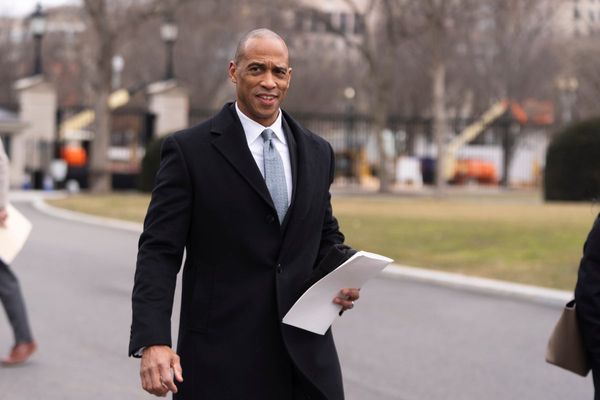
July and August are usually the months when people go on vacations. However, Expedia (EXPE) is warning about weak travel demand this summer.
“In July, we have seen a more challenging macro environment and a softening travel demand. We are therefore adjusting our expectations for the rest of the year,” said Expedia CEO Ariane Gorin in its Q2 earnings release, indicating that the US economy remains under pressure and travelers are being cautious with discretionary spending.
The company now expects third-quarter gross bookings and revenue growth to be in the range of 3% to 5%.
Expedia is not the only travel booking company sounding the alarm on travel trends.
Related: Wall Street banks ring recession alarm
Airbnb (ABNB) warned of slowing demand from U.S. travelers in a shareholder letter released on August 6.
“We are seeing shorter booking lead times globally and some signs of slowing demand from U.S. guests,” the company said, adding that it now expects “a sequential moderation in the year-over-year growth of Nights and Experiences Booked relative to Q2 2024.”
The Amsterdam-based travel agency Booking.com (BKNG) also mentioned a “mild indication of some trade down in the US” during its August 1 earnings call, describing the US market as an exception to the generally stable global outslook.
Yet Expedia's stock price surged more than 10% to $130.01 on Aug. 9. Solid second-quarter earnings, particularly international bookings, offset concerns about softening demand, causing analysts to rethink their stock targets.

Shutterstock
A turnaround from previous declines
The Seattle-based company’s Q2 earnings were $3.51 per adjusted share, up 21% from a year earlier, beating the $3.14 forecast. Its revenue of $3.6 billion, up 6% from a year earlier, beat the expected $3.53 billion. Net income was $386 million.
Gross bookings, which generally describes the total retail value of transactions booked, increased 6% to $28.8 million. Room nights growth accelerated to 10%, “the fastest rate since the first quarter of 2023,” the company said.
The financial results also reversed earlier declines. The adjusted first-quarter earnings were $0.21 a share after a net loss of $135 million or 99 cents a share. During Q4 2023, the company reported net income of $132 million, down 25% year-over-year.
“This was at the high end of our expectations and was driven by substantial improvement of Vrbo as well as continued strength in Brand Expedia in our advertising business and in our B2B segment,” Gorin said in the earnings call.
Vrbo is one of Expedia's three primary brands, alongside Expedia and Hotels.com. By the end of 2023, Expedia Group offered more than 3 million lodging properties, with over 2 million online bookable alternative accommodations listed through Vrbo.
Vrbo is an online marketplace where property owners list homes for rent and travelers book them. It is Airbnb’s direct rival.
Related: Airbnb CEO reveals a major mistake during pandemic layoffs
In contrast, Airbnb's stock price slumped 13.4% on August 7 following a Q2 earnings miss. The company earned 86 cents a share in the June quarter, missing the expected 92 cents per share. Revenue of $2.75 billion slightly beat the $2.74 billion forecast.
Analysts give conflicted adjustments on Expedia stock price target
JPMorgan and Citi raised Expedia stock’s price target to $135 from $128 and $145 from $140, respectively, keeping a Neutral rating.
JPMorgan analysts believed that the lower full-year outlook was better than feared. Citi analysts said that although Expedia's 2024 booking outlook only hit the low end of its expectations, it emerged from the Q2 print "incrementally positive" on the shares.
More Wall Street Analysts:
- Analysts reboot Amazon stock price targets after earnings
- Analyst reboots Rivian stock price target on updated plans
- Analysts reboot Arm Holdings stock price target following earnings
Barclays lowered Expedia's price target to $134 from $138 and kept an Equal Weight rating.
The analyst was concerned about the macro risks and July’s travel pause and was uncertain whether this is a temporary situation or a sign of a more sustained decline in demand.
Related: Veteran fund manager sees world of pain coming for stocks







